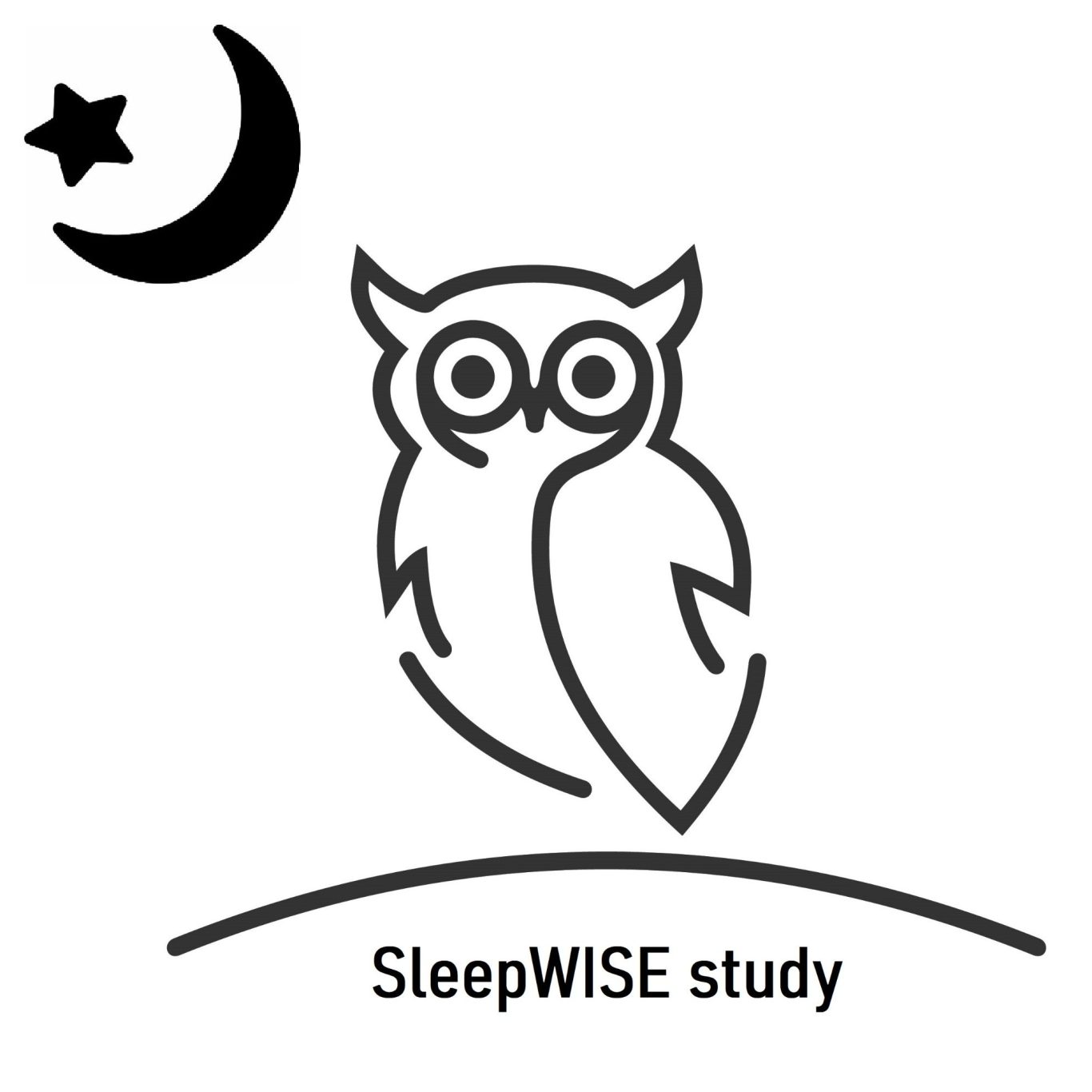The SleepWISE Study
Understanding sleep patterns in children with neurodevelopmental conditions
The SleepWISE study aims to identify what factors are associated with sleep problems in children with neurodevelopmental conditions. This is the first step in identifying what support families need to improve their child's sleep.
This research project is being led by Dr Jayne Spiller, lecturer in Psychology at the University of Leicester, alongside colleages from the University of Leicester and the University of Southampton

What does the study involve?
To understand what predicts sleep patterns in children with neurodevelopmental conditions, we need to study sleep and other factors across time.
This study will look at sleep, behaviour, child and parent mental health at three time points.
Taking part in the study involves completing a 20 to 30 minute online questionnaire at three time points, spaced 6-months apart.
Parents/carers will be entered into a lottery to win one of three £50 Amazon vouchers at each time point as a thank you for their time.
Who is invited to take part in the study?
Families of children with a neurodevelopmental condition aged 5 to 15 years attending special schools in England and Scotland, regardless of whether or not your child has difficulty with sleep, are able and welcome to take part in the study. There are two ways that you might be invited to take part.
1. Via link sent by child's school
Families will be invited to participate in the study by their child's school. A link to information about the study, a consent form and the questionnaire will be sent via email from the school.
2. Via an advertisement from a family support group for children with neurodevelopmental conditions
Support groups who have agreed to advertise the study will place information about the study on their social media page and possibly their website.
Overview of the study for parents/carers
Dr Jayne Spiller provides an overview of the study for parents/carers.
I'm a parent/carer of a child with a neurodevelopmental condition. How can I take part in the SleepWISE study?
We are partnering with Special Schools across England and family support groups to advertise the study.
If your child has a neurodevelopmental condition, attends a special school and is aged 5-15 years, we would welcome your participation in the study.
If you don't have access to the link to the study via a support group or your child's school, please contact Jayne Spiller via email to receive the link: sleepwise.study@leicester.ac.uk
How have parents/carers of children with neurodevelopmental conditions been involved in designing the study?
Parents/carers of children with neurodevelopmental conditions have provided feedback on the questions included in the questionnaire. As a result of this feedback we have improved the wording of some of the questions.
The parents involved in supporting the design of the study have also confirmed that the content of the questions is relevant to parents of children with neurodevelopmental conditions, that the topics being asked about are acceptable and that the time it will take to complete the questionnaire is appropriate.
I'm representing a Special School, how can I find out more about partnering with the SleepWISE study research team?
Partner schools will send out a link to a questionnaire via email to parents/carers on their mailing list. When parents/carers click on the link they will be taken to an information sheet which explains the topics covered in the questionnaire and consent form. Parents/carers then are taken to the questionnaire. Filling in the consent form and questionnaire should take parents/carers between 20 to 30 minutes.
Please contact Jayne Spiller via email: sleepwise.study@leicester.ac.uk and she'll be very happy to explain more either via email or via video/phone call.
Who is leading this research project?
This research project is being led by Dr Jayne Spiller.
Jayne is a lecturer within the School of Psychology and Vision Sciences at the University of Leicester.
What experience does the research team have with working with families of children with neurodevelopmental conditions?
Jayne Spiller's PhD project was on sleep in children with neurodevelopmental conditions. She used both questionnaire measures and actigraphy (an objective way to measure sleep- a bit like a fitbit) to understand the types of sleep problems that children with neurodevelopmental conditions can experience; such as night waking, difficulty falling asleep and early morning waking.
Jayne has worked closely with families of children with Angelman syndrome and Smith-Magenis syndrome on actigraphy studies. These published studies evaluated how sleep in children with Angelman syndrome and children with Smith-Magenis syndrome compared to sleep in children without these conditions.
If you would like to read the published paper on profiles of sleep problems in children with Smith-Magenis syndrome, Angelman syndrome, Tuberous sclerosis complex and autism spectrum conditions, please click on this link.
©Copyright. All rights reserved.
We need your consent to load the translations
We use a third-party service to translate the website content that may collect data about your activity. Please review the details in the privacy policy and accept the service to view the translations.